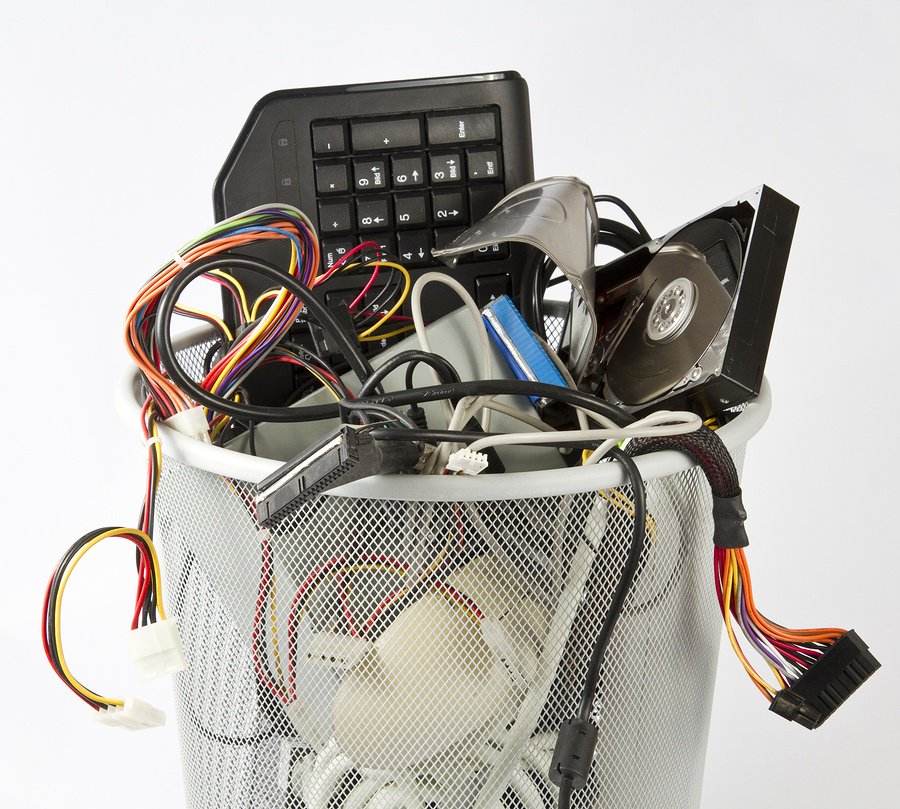[vc_row][vc_column][vc_column_text] Every IT Manager will need to face this costly decision at some point in their careers. Some see the warning signs and put in the due diligence to research their options. Some see the warning signs but wait to take action until there is a critical failure. Some are blind-sided and have to act on the fly. Being unprepared can lead to lost data and huge expenses. So how do you know if you need server repair or replacement?
Every IT Manager will need to face this costly decision at some point in their careers. Some see the warning signs and put in the due diligence to research their options. Some see the warning signs but wait to take action until there is a critical failure. Some are blind-sided and have to act on the fly. Being unprepared can lead to lost data and huge expenses. So how do you know if you need server repair or replacement?
Disk Space Is Running Low
Over time, applications have grown in functionality, which inherently means growth in storage space required as well. You can certainly add space to existing hardware, but at some point, this is no longer an option. It’s like trying to string too many Christmas light strands together… at some point you put too much strain on the original hardware. If you are running low on space and spending too much time finding old data to delete to make room for the new, then it’s probably time to consider a new server. If you foresee a continuous growth in your storage needs, a cloud computing solution may be a good option for you.
Your Manufacturer’s Warranty Is Expiring
You’ve received notification that your equipment will no longer be serviced by the manufacturer – do you plan for the expense of a new one? You don’t have to. The manufacturers used to hold all the cards here. When they decided they wanted to push customers to a new model, they just quit servicing the old ones. However, server monitoring and maintenance firms, like Great Lakes Computer, have become experts in maintaining server hardware long past the maker’s expiration. If you have a team of server experts with access to parts, there is no reason the life of your server can’t be extended. Don’t feel bullied into an upgrade you’re not ready for.
Performance Is Slowing
This is one of those signs that may take time to really notice because it occurs gradually. By the time you notice it, it may have gotten far worse than you realized because you’ve grown used to poor performance. If your apps are taking too much time to process, emails aren’t sending, your server is making a lot of noise like it’s working too hard, and you can sense that every move is wasting precious time, then it’s time to start planning your next steps. The first step should always be to have a professional come and inspect your equipment to make sure it’s not something easily fixed. Servers will run slow once performance reaches about 70% of maximum and/or drive space runs low, and a technician can tell you what your performance and space is looking like.
Regardless of the option you take, extending the life of your legacy system, buying a new one, or moving your operations to the cloud, Great Lakes Computer can help. We know everything there is to know about data storage and processing, from old equipment to virtual servers. We can help keep your data safe, and your operations running at full speed.

